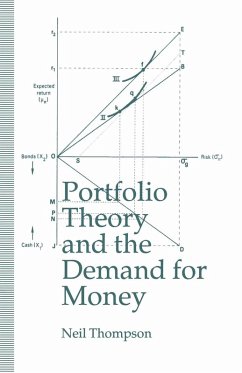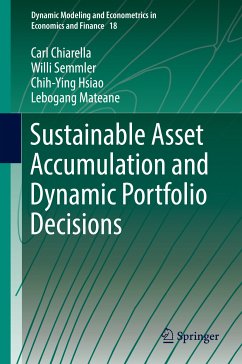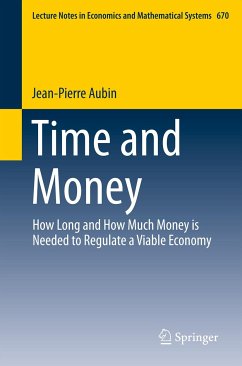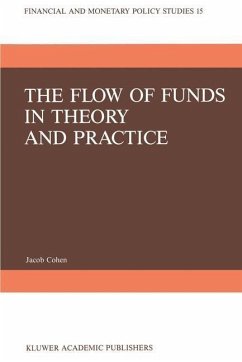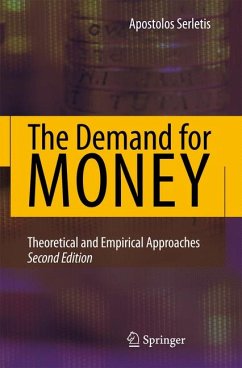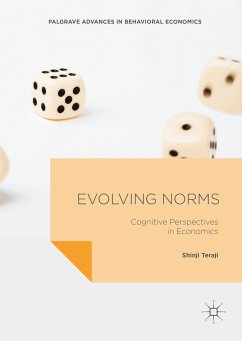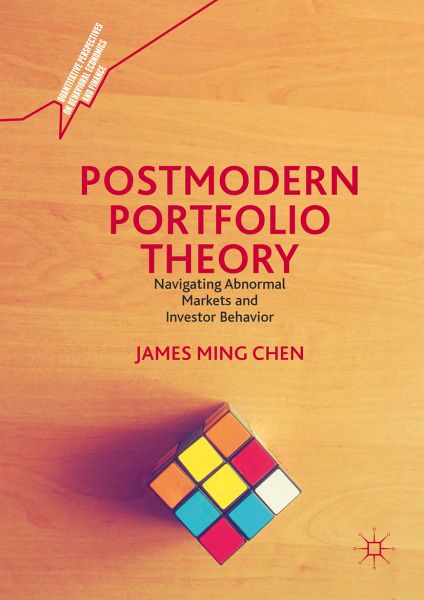
Postmodern Portfolio Theory (eBook, PDF)
Navigating Abnormal Markets and Investor Behavior

PAYBACK Punkte
48 °P sammeln!
This survey of portfolio theory, from its modern origins through more sophisticated, "postmodern" incarnations, evaluates portfolio risk according to the first four moments of any statistical distribution: mean, variance, skewness, and excess kurtosis. In pursuit of financial models that more accurately describe abnormal markets and investor psychology, this book bifurcates beta on either side of mean returns. It then evaluates this traditional risk measure according to its relative volatility and correlation components. After specifying a four-moment capital asset pricing model, this book dev...
This survey of portfolio theory, from its modern origins through more sophisticated, "postmodern" incarnations, evaluates portfolio risk according to the first four moments of any statistical distribution: mean, variance, skewness, and excess kurtosis. In pursuit of financial models that more accurately describe abnormal markets and investor psychology, this book bifurcates beta on either side of mean returns. It then evaluates this traditional risk measure according to its relative volatility and correlation components. After specifying a four-moment capital asset pricing model, this book devotes special attention to measures of market risk in global banking regulation.
Despite the deficiencies of modern portfolio theory, contemporary finance continues to rest on mean-variance optimization and the two-moment capital asset pricing model. The term postmodern portfolio theory captures many of the advances in financial learning since the original articulation ofmodern portfolio theory. A comprehensive approach to financial risk management must address all aspects of portfolio theory, from the beautiful symmetries of modern portfolio theory to the disturbing behavioral insights and the vastly expanded mathematical arsenal of the postmodern critique. Mastery of postmodern portfolio theory's quantitative tools and behavioral insights holds the key to the efficient frontier of risk management.
Dieser Download kann aus rechtlichen Gründen nur mit Rechnungsadresse in A, B, BG, CY, CZ, D, DK, EW, E, FIN, F, GR, HR, H, IRL, I, LT, L, LR, M, NL, PL, P, R, S, SLO, SK ausgeliefert werden.





